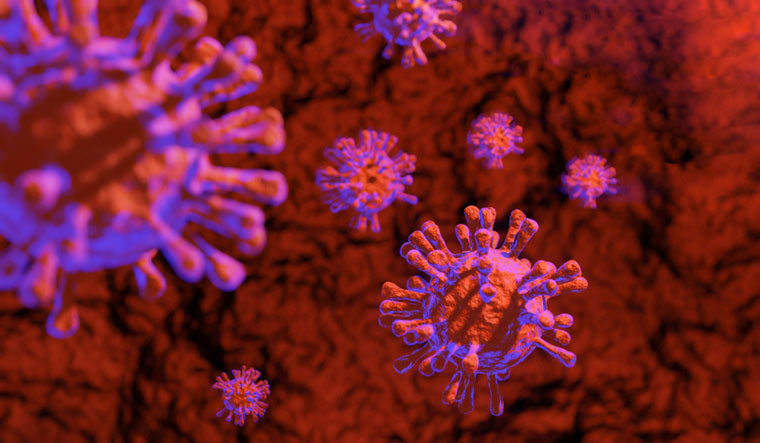London: Hydroxychloroquine (HCQ), an anti-malarial drug termed potential ‘game-changer’ for COVID-19 by President Donald Trump, does not significantly reduce admission to intensive care or death in patients hospitalised with pneumonia due to COVID-19, warn researchers in yet another study on the effects of the drug.
A randomised clinical trial published in the journal The BMJ, shows that hospitalised patients with mild to moderate persistent COVID-19 who received hydroxychloroquine did not clear the virus more quickly than those receiving standard care.
Adverse events were higher in those who received hydroxychloroquine. Taken together, the results do not support the routine use of hydroxychloroquine for patients with COVID-19.Despite this, hydroxychloroquine has already been included in Chinese guidelines on how best to manage the disease, and the US Food and Drug Administration (FDA) issued an emergency use authorisation to allow the drug to be provided to certain hospitalised patients.
The FDA has since warned against use outside clinical trials or hospital settings due to the risk of heart rhythm problems.
In the first study, researchers from the University of Paris in France assessed the effectiveness and safety of hydroxychloroquine compared with standard care in adults admitted to hospital with pneumonia due to COVID-19 who needed oxygen.Of 181 patients, 84 received hydroxychloroquine within 48 hours of admission and 97 did not (control group).
They found no meaningful differences between the groups for transfer to intensive care, death within 7 days, or developing acute respiratory distress syndrome within 10 days.The researchers said that caution is needed in the interpretation of their results, but that their findings do not support the use of hydroxychloroquine in patients hospitalised with COVID-19 pneumonia.
In the second study, researchers in China assessed the effectiveness and safety of hydroxychloroquine compared with standard care in 150 adults hospitalised with mainly mild or moderate COVID-19.Patients were randomly split into two groups.
Half received hydroxychloroquine in addition to standard care and the others received standard care only (control group). By day 28, tests revealed similar rates of COVID-19 in the two groups but adverse events were more common in those who received hydroxychloroquine. Symptom alleviation and time to relief of symptoms also did not differ meaningfully between the two groups.While further work is needed to confirm these results, the authors say that their findings do not support the use of hydroxychloroquine to treat patients with persistent mild to moderate COVID-19.
A previous study, published in the journal JAMA Cardiology, found that patients who received hydroxychloroquine for COVID-19 were at an increased risk of electrical changes to the heart and cardiac arrhythmias.
On Friday, a clinical trial has begun in the US to evaluate whether the anti-malaria drug hydroxychloroquine, given together with the antibiotic azithromycin, can prevent COVID-19 hospitalisation and death, according to the National Institutes of Health (NIH).
IANS
